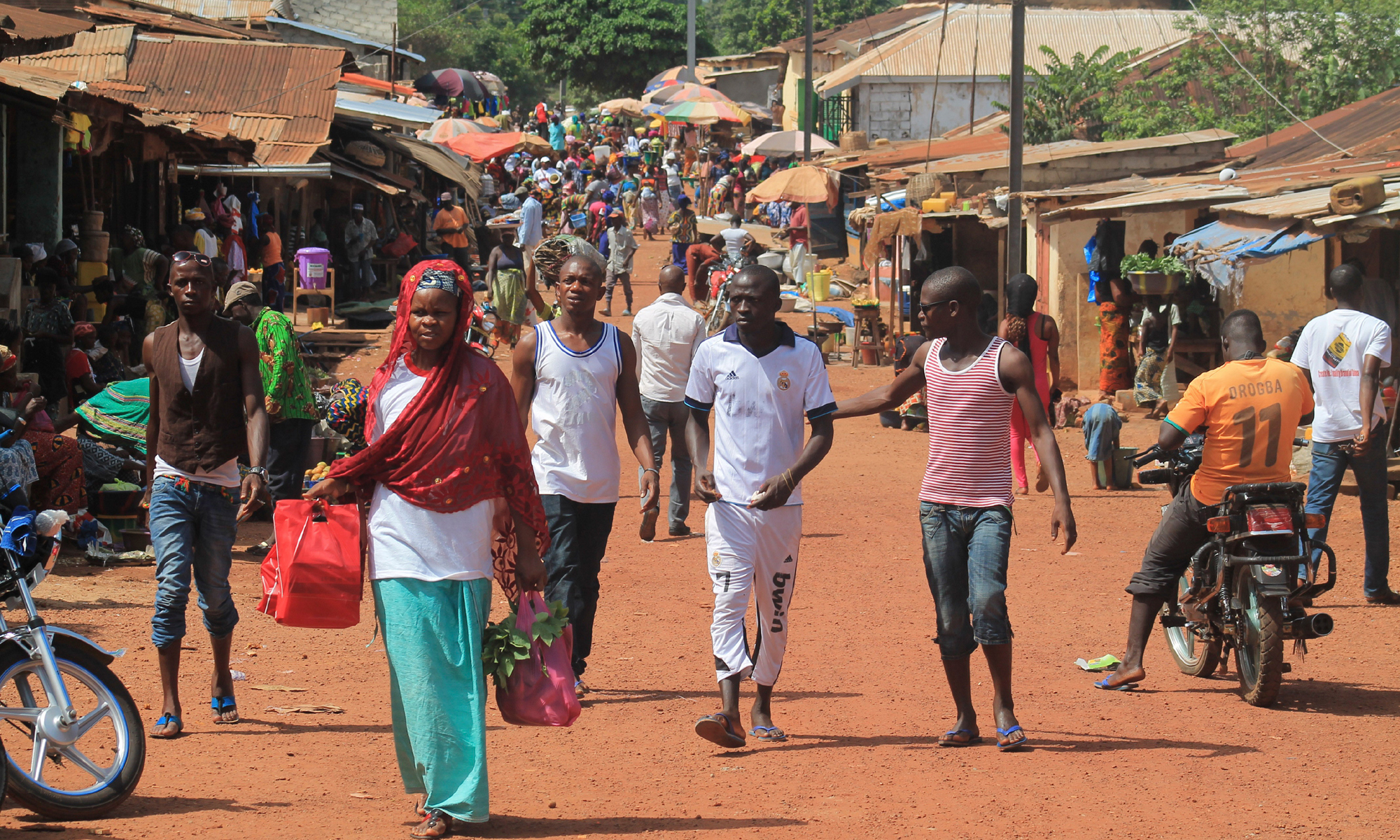
[SLIDESHOW=40568,40569,40570]WEST AFRICA (BP) — Basic human interaction — simply reaching out to shake someone’s hand — had to change. Christian workers shared how survival has depended on it.
James Burch*, who serves in West Africa, has seen Ebola reach his doorstep and claim a life from the village where he lives.
“I never could have guessed the impact that this disease would have,” Burch wrote in a first-person account. “So many things have changed. So many lives have been claimed. So many families unexpectedly altered.”
Ebola has killed more than 11,000 people since this outbreak’s first recorded case in March 2014. Though the World Health Organization (WHO) declared Liberia — the country with the highest number of Ebola-caused deaths — free of the virus more than a year later, the Associated Press reported April 24 other cases continue to surface in Guinea and Sierra Leone.
Rupert Young*, a Christian worker who lives in Guinea, credits “Muslim fatalism” for much of why the virus has spread throughout and lingers within the region where he lives.
“To them it is God’s will whether they live or die, they can do nothing to change it,” he said.
Young noted many West African Muslims continue to practice rituals like washing lifeless bodies overcome by Ebola. Even though they have been warned of the risk of contagion, they believe taking practical sanitation steps make no difference.
“Ebola has brought out what Guineans really believe,” Young said.
WHO reported the current number of confirmed, probable and suspected cases of the virus surpasses 27,000. Guinea, Liberia and Sierra Leone each have seen thousands die from Ebola. The United States has seen four cases and one death.
For Christian workers in the midst of the affected areas, life goes on, even though it certainly has changed. Periods of “lockdown” have kept the workers in their homes while health officials go door-to-door looking for possible cases. Workers also try to avoid large public gatherings.
“It has complicated daily life,” Young said, yet he and other workers know God has called them to be exactly where they are.
At one church in Guinea, believers stop at a bucket of bleach water to wash their hands before and after services.
The church, which dates back to 1992, wants to continue to conduct worship amid the Ebola crisis in a way that is more natural for someone coming from a Muslim background. Shoes are left at the door, and participants sit on mats that line the floor in rows. Pedro Ronaldo*, a Christian worker, hopes Muslims will observe how believers in their community have continued to endure the crisis and help out, while others have left.
“The people here … very much appreciate the fact that we chose to stay, and that has increased our credibility as we teach,” Ronoldo said. “Pray that people would remember the love and courage demonstrated by Christians and would want to learn why we have hope in the midst of fear.”
Prayer requests
— Thank God for the progress that countries like Liberia have seen in overcoming Ebola.
— Pray for the end of the Ebola epidemic, that all affected countries soon will be declared free of the virus.
— Ask that workers in West Africa remain safe and continue to boldly proclaim truth in their current contexts.
— Pray Muslims turn to God for hope, help and healing in the midst of crisis.
*Names changed.

















